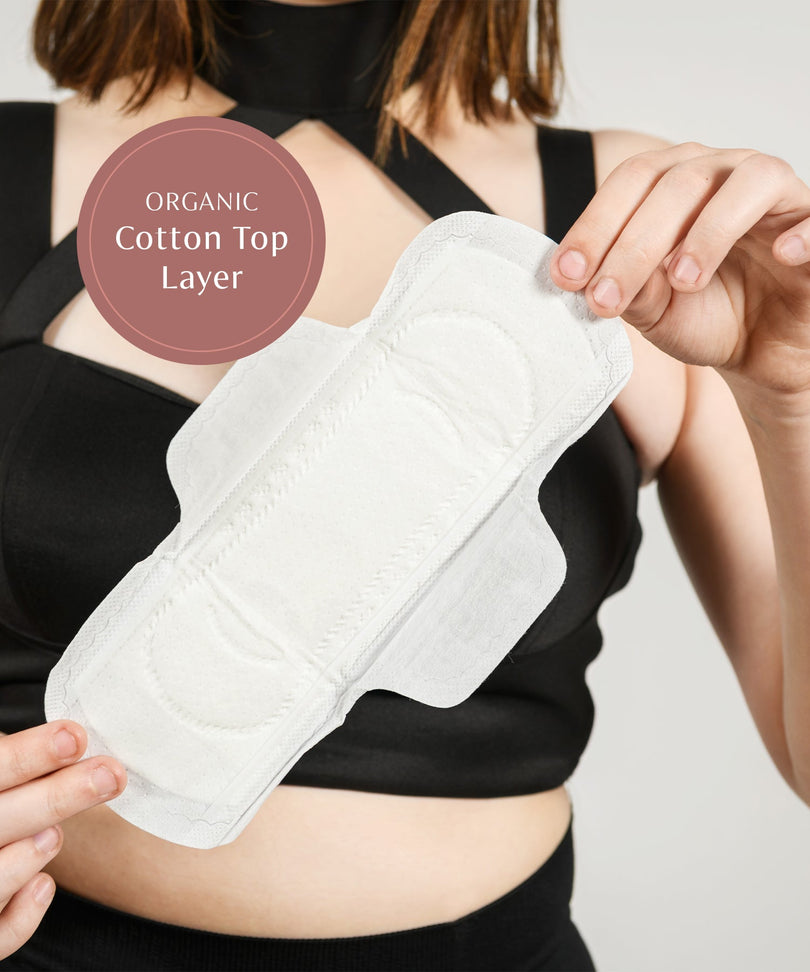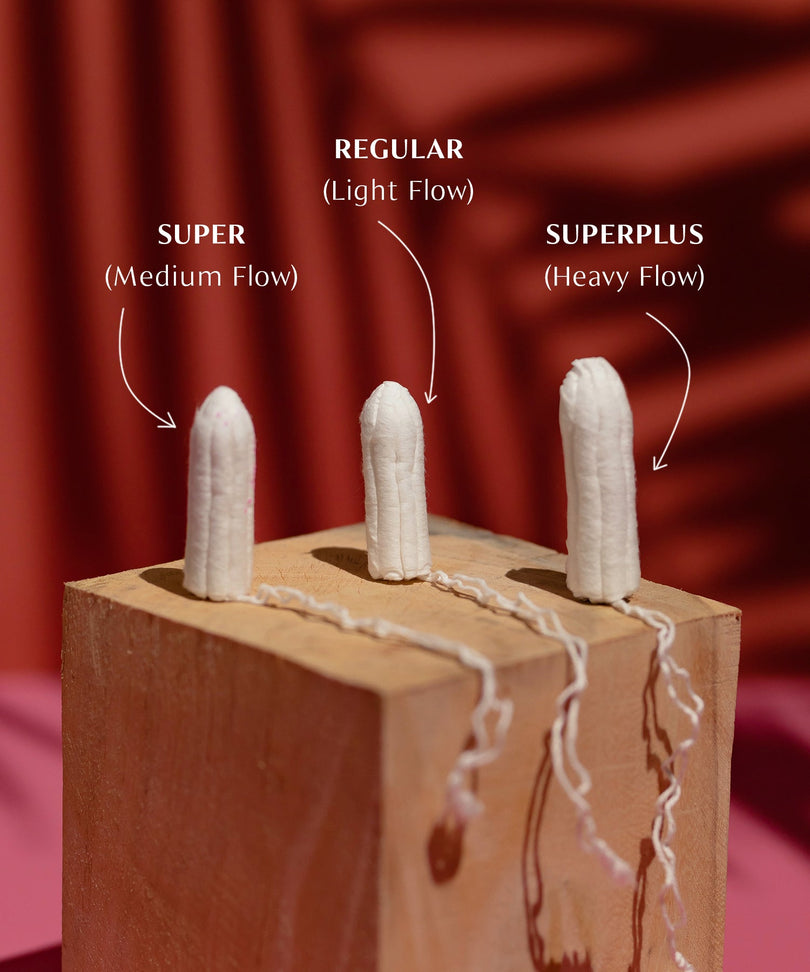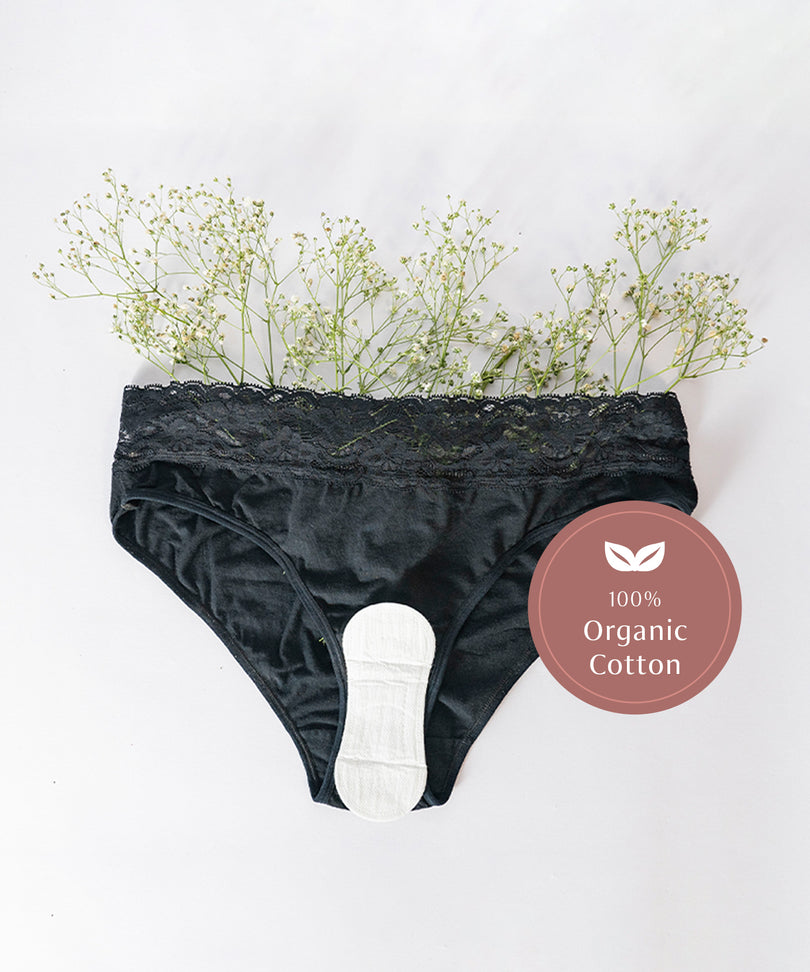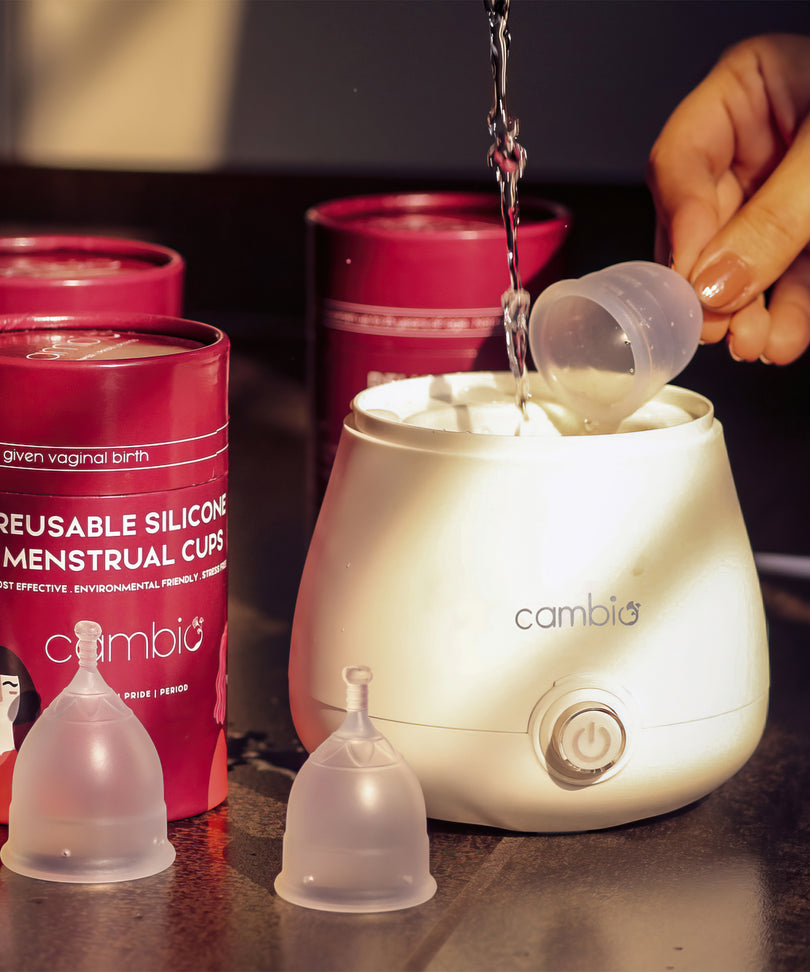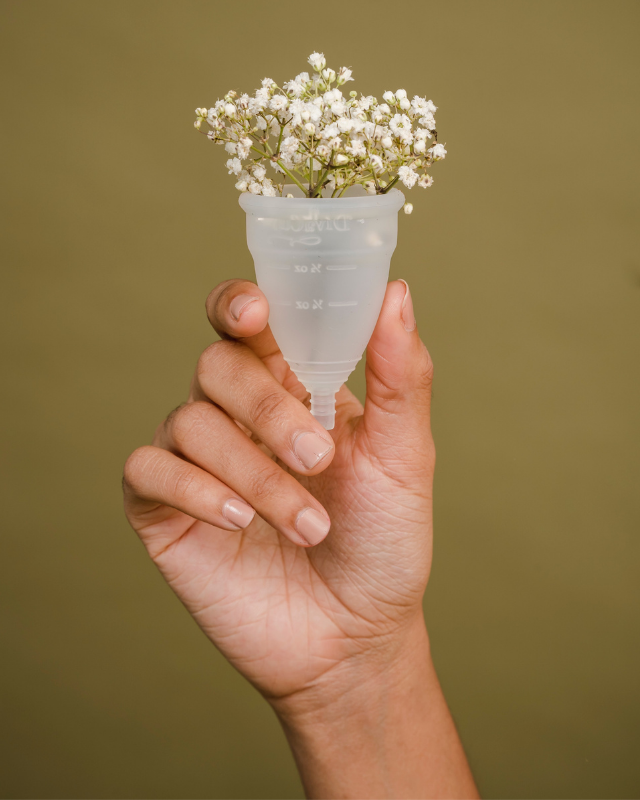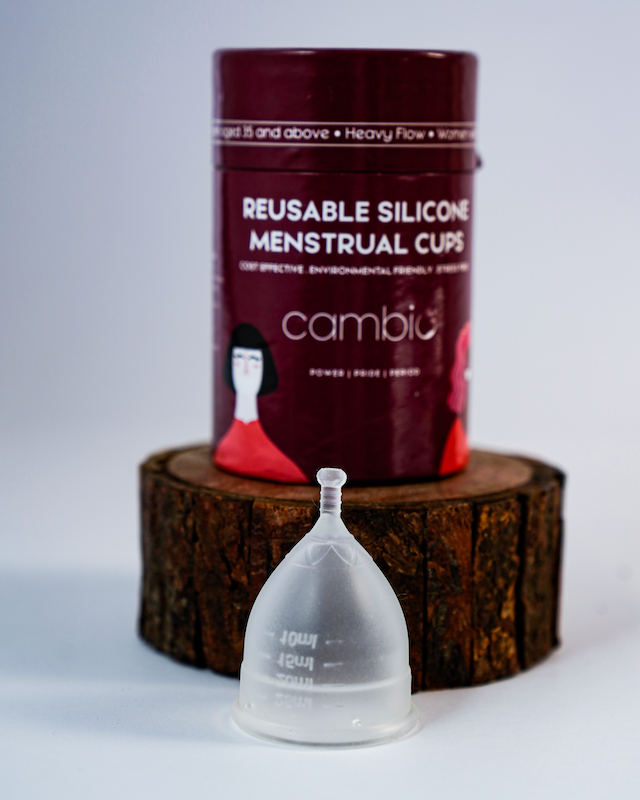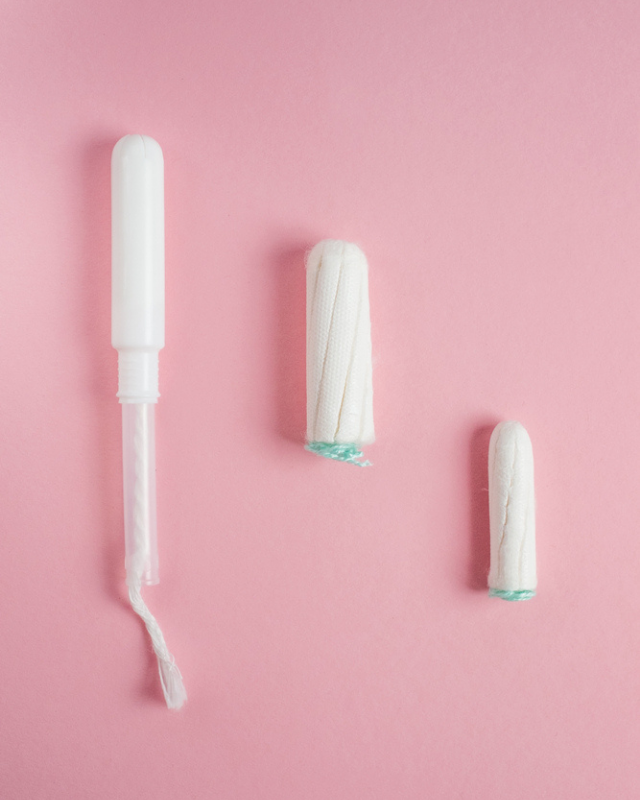Do you know when World Menstrual Hygiene Day is celebrated? For all those who don’t know, the answer is 28th May.
Don’t worry all your doubts related to menstruation and menstrual hygiene will be solved after reading this blog.
What is Menstrual Hygiene?
Poor menstrual hygiene management can be harmful not just physically but mentally also.
Even so, India still has a long way to go as several females still use cloth and unsanitary products during menstruation.
Here are some must-follow tips for women to maintain good menstrual hygiene–
Take bath regularly
By taking a bath regularly you prevent the bad odour and you should always wash the excess blood around your vagina and labia.
Taking a bath during your periods not only keeps you clean but also has many positive effects on your mood and stress levels.
But don’t forget to remove your pad, tampon, or cup before bathing.
Does your period stop in the water? No indeed, you might see some blood drops during your shower, especially if you have a heavy flow, so be prepared!
Can you wear a tampon in the bath or shower? It’s advisable to put in a clean tampon before your bath and immediately after as it can absorb water.
But remember don’t over-clean your pubic area as it can hamper the pH levels of your vagina.
Don’t use scented products
Hygiene deodorants and sprays can cause itchiness, redness and heavy vaginal discharge. Instead, use water to clean your genital area.
Moreover, the vagina is a self-cleaning organ and doesn’t need the help of products to be clean.
The chemicals present in scented period products may be absorbed by the mucous membrane lining the vagina which leads to further complications and side effects on the body.
Little is known about how exactly the chemicals in scented period products impact your reproductive health. There is a potential risk of hormonal imbalance, fertility problems, and irregular periods.
Use only one type of menstrual product at a time
During heavy flow, avoid using two pads at the same time or a tampon.
Menstrual hygiene is a hygiene practice during menstruation that can prevent several health risks.
Poor menstrual hygiene results in a high prevalence of Reproductive Tract Infections.
Using different types of period products without having a knowledge of the products and without knowing the pros and cons can lead to skin irritation, discomfort and urinary tract infections.
Alteration of pH level can happen which can cause bacterial infection in the vagina and this impacts the health of women who are trying to conceive or trying to get pregnant.
Change your period product every 5-6 hours
Changing napkins or tampons frequently can help curb the chances of urinary tract infections.
How many pads should you use in a day? There’s not a specific answer to this because it depends on certain factors that might change from one woman to another.
For example, your flow, physical activities you do during your day, etc. But on average, it is estimated to be four to five pads.
According to the period product you use, the frequency of changing it might differ.
For instance, if you are using tampons during your periods, it needs to be changed every 3 to 5 hours. You should always use the lowest absorbency tampon necessary for the amount of menstrual flow you are experiencing on each day of your period.
Knowing how often to change your menstrual hygiene products can lower the risk of vaginal infections and keep you clean and fresh during your menstruation.
Disposal of used period products
Don’t flush the pad/tampon since they can form a block in the toilet. Wrap it well before discarding it and wash your hands after changing sanitary napkins to avoid any infections.
I hope the above-mentioned tips help to have a healthy and infection-free period.
Why is menstruation hygiene important?
Menstrual hygiene, a very important risk factor for reproductive tract infections, is a vital aspect of health education for adolescent girls.
But in India talking about periods and menstruation is still a big thing and generally, people don’t feel comfortable enough to speak about it.
In fact, in some sections of India, a menstruating woman is tagged as impure and is not allowed to enter the kitchen and temples. They are treated as untouchable which doesn’t make sense at all.
To bust the taboo and misconception and to spread awareness many programmes have been started by the government. The main agenda of all these programmes is to tell the importance of menstrual hygiene and educate the girls about menstruation.
Learning about menstruation empowers girls to take care of themselves in a better way and it gives them the freedom to make their own decisions.
Hygiene-related practices of women during menstruation are of considerable importance, as it has a health impact.
Conclusion:
The importance of menstrual hygiene should be promoted through the medium of schools. Teachers should be educated and trained to impart knowledge about menstruation and menstrual hygiene management among young girls.
All mothers irrespective of their educational status should be taught to break their inhibitions about discussing with their daughters regarding menstruation much before the age of Menarche.
Moreover, the manner in which a girl learns about menstruation has a huge impact on her response to the event of menarche. Therefore, increased knowledge about menstruation right from childhood may escalate safe practices.
Obviously, women deserve huge respect in this society. The pain that she experiences till the offset of menstruation is just unbearable. But if you can’t give her that much respect at least give her the knowledge of proper hygiene management during her menstruation.
Menstruation isn’t dirty! Let’s spread awareness about menstrual hygiene and encourage open conversations around it.

